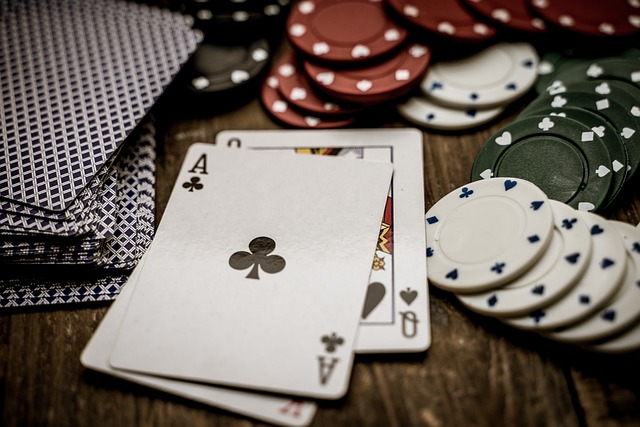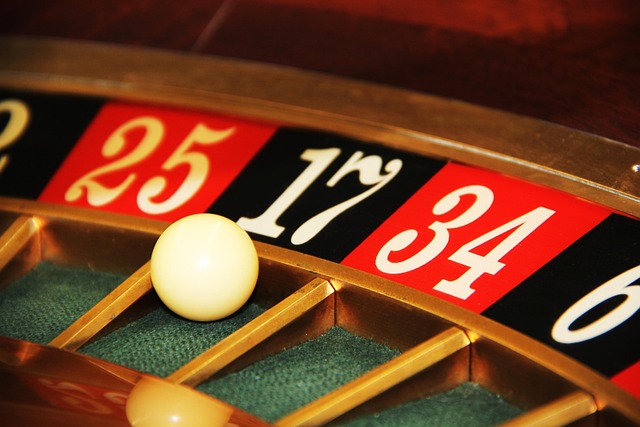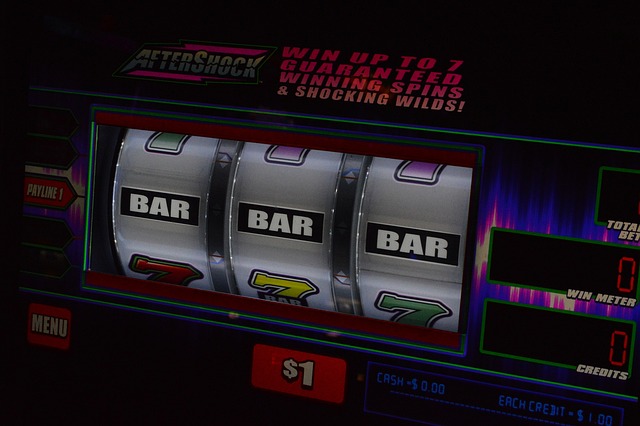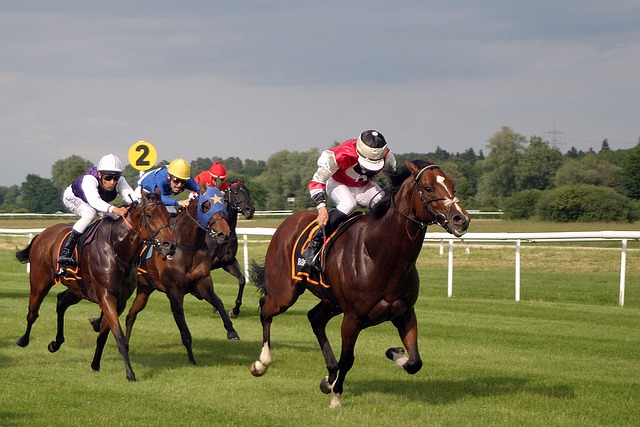Gambling has been acknowledged universally. It travels across cultures. It shapes native traditions and rituals. It shows the diversity of human societies. We trace civilizations. We compare them to the modern world. We see that betting has changed into many forms and meanings. It’s woven into the culture of each region. Over time, it has transitioned to organized platforms such as 20Bet and other betting sites. This article aims to show the cultural side of gambling. It will uncover the unique traditions and practices from around the world.
Mahjong
Gambling has long existed in China and is a part of the local culture. The Mahjong game, principally based on tile style, dates back to the Qing Dynasty. Mahjong purely demands skills, strategy, and luck, which also play a part in winning. The game is not for fun. It has a symbolic connection to native traditions. It fosters family bonds and social harmony. Mahjong is intricate. It represents a lasting part of Chinese culture. It is vital in local festivities and family gatherings.
The Chinese believe in Feng Shui. It holds that some patterns bring good luck. They use this concept. They mix gambling with traditional games and use modern gambling practices. They use the ancient principles of Feng Shui.
Pachinko

Pachinko has gained popularity as a form of gambling entertainment in Japan. It is known for its unique sound. This pinball-style game blends chance and skill, combining entertainment with gambling. Pachinko parlors are all over Japan. They often have themes from popular manga and anime. They mix modern pop culture with traditional gaming for a unique experience.
Teen Patti
India is rich in traditions and vibrant culture. Diwali, the festival of lights, also brings a unique gambling tradition. Families and friends gather to celebrate during Diwali. They often play the Teen Patti card game. This game symbolizes the triumph of light over darkness and represents good fortune. Ancient Hindu narratives, like those in the Mahabharata, connect gambling and dice games to cultural celebrations like Diwali.
The Las Vegas
Las Vegas has become a hub of gambling culture, and it attracts gamblers through its vibrancy. This city of the United States is located right in the heart of the Nevada desert. It reflects the culture of entertainment, high-stakes gaming, and luxury. Over time, Las Vegas has seen considerable transformations. It went from organized crime to the center of world entertainment. It has kept its marvelous casinos and shows. The World Series of Poker (WSOP) is at the heart of American gambling. It entices players from across the globe. This yearly event holds cultural significance and is organized regularly.
Horse Racing
Horse racing in the UK dates back to the 17th century and is ingrained in British culture. Events like the Cheltenham Festival and Royal Ascot have racing excitement and rich traditions. Horse racing influences local culture and creates a vibrant racecourse atmosphere. Betting shops are popular, drawing locals and visitors to place bets and enjoy the races.
Pokie

The gambling world in Australia firmly holds on to “pokies” (poker machines). You can find these machines in clubs and pubs all over the country. They build up the local social fabric. Pokies have become part of local culture and tradition. They build up the local communities and connect them at the bars and pubs.
In the interim, the locals prioritize responsible gambling as a critical matter. Apart from the pokies, other gambling in Australia includes horse racing. It is organized during the Melbourne Cup. These events are significant. They evoke traditions and bring enthusiasm to the nation.
Have You Tried All These Games Yet?
Gambling traditions are found worldwide. They present an intriguing mix of historical legacy, cultural richness, and enjoyable experiences. Each culture brings something unique to gambling. China has Mahjong, and Las Vegas has vibrant casinos. These traditions are more than fun. They hold stories, values, and shared experiences. These things shape societies. Gambling has also let native communities connect. It has put local traditions in the global spotlight in the modern world.


